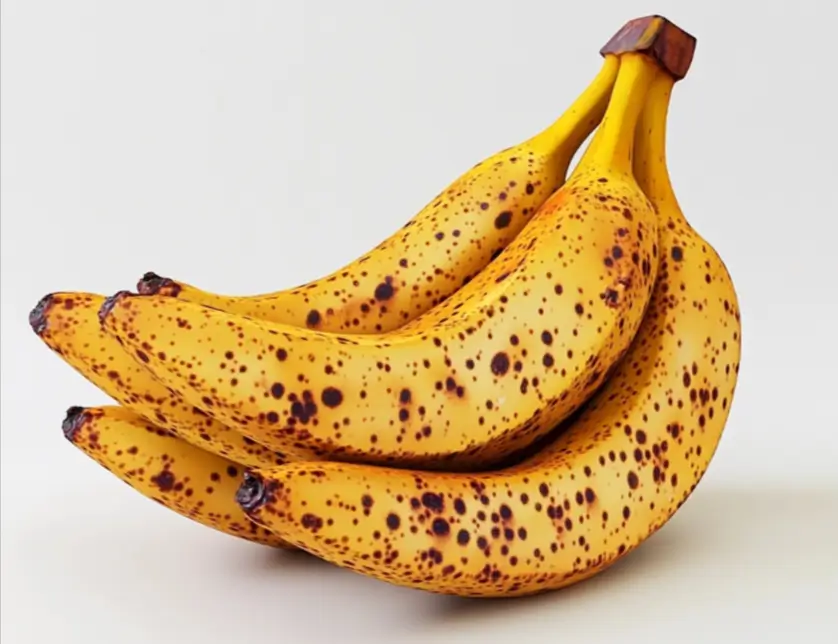6. Flavored Coffee Drinks

That morning mocha or caramel latte from your favorite coffee shop might feel like self-care, but nutritionally speaking, it’s more dessert than breakfast. Many flavored coffee beverages contain shocking amounts of added sugar—sometimes upward of 60 grams in a single serving, equivalent to 15 teaspoons!
The morning impact of these sugary drinks goes beyond the immediate energy spike and inevitable crash. Consuming what amounts to a day’s worth of sugar in liquid form means you’re getting substantial calories without the satiety signals that solid food would provide. Research published in the American Journal of Clinical Nutrition confirms that liquid calories don’t trigger the same fullness cues as calories from solid foods, potentially leading to higher overall calorie intake.
The caffeine in these beverages complicates matters further. While caffeine alone can temporarily improve alertness, the combination of caffeine and sugar creates a particularly problematic cycle. The sugar spike triggers an insulin response that can actually intensify the caffeine crash later, leading many people to reach for another sweet coffee drink by mid-morning—perpetuating an energy rollercoaster throughout the day.
For those sensitive to caffeine, morning consumption of these drinks can also affect cortisol patterns. Cortisol naturally peaks in the morning as part of your circadian rhythm, and adding caffeine during this peak might amplify stress responses and jitteriness compared to consuming the same drink later in the day when natural cortisol levels are lower.
Many flavored coffee drinks also contain artificial flavors, preservatives, and emulsifiers that may impact gut health when consumed regularly. Emerging research suggests these food additives might affect gut microbiome composition and intestinal permeability—particularly problematic in the morning when your digestive system is breaking its overnight fast.
If coffee is essential to your morning routine, consider embracing black coffee or a simple espresso shot, which offer the cognitive benefits of caffeine without the sugar assault. For those who enjoy creamier options, a small cappuccino made with whole milk provides protein and fat that slow caffeine absorption. If sweetness is non-negotiable, try adding a teaspoon of real maple syrup or honey rather than artificial syrups with their lengthy ingredient lists.
